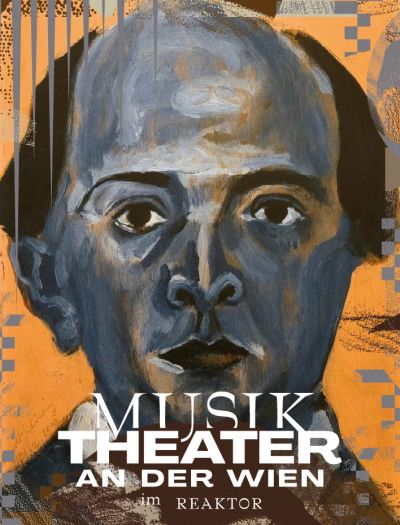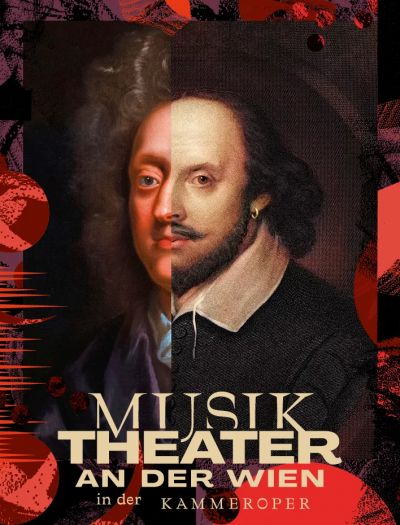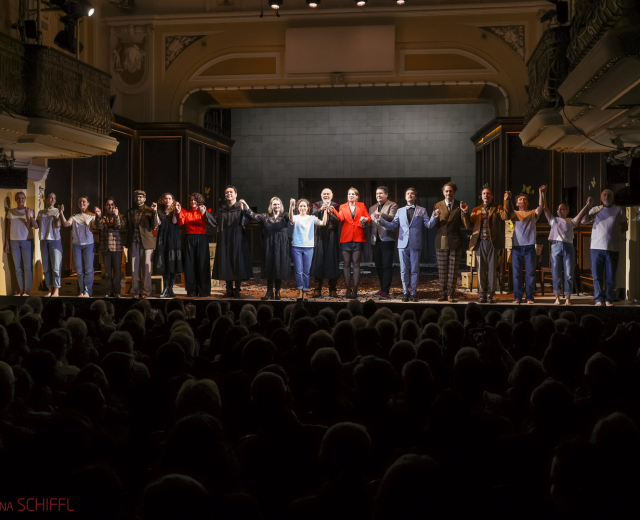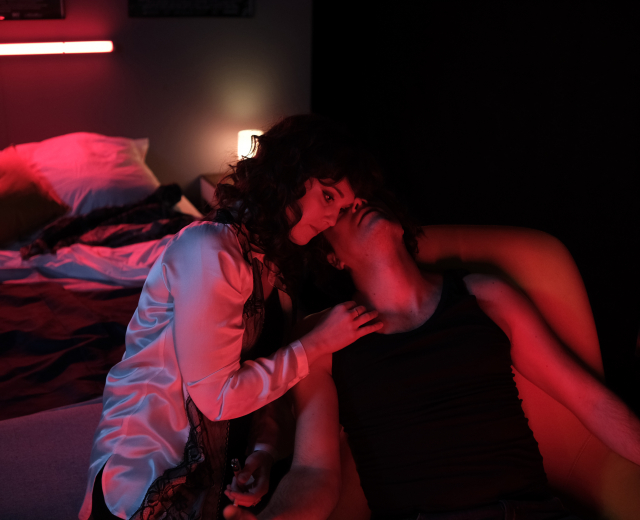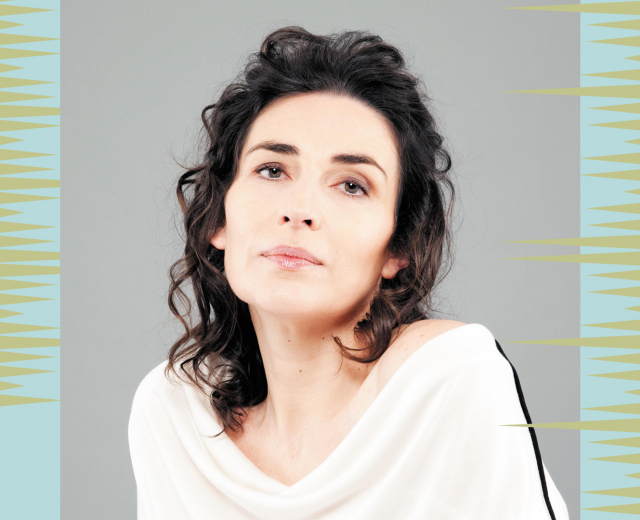Our subscriptions for the 24/25 season
Don’t miss out on your monthly experience of musical theatre - save 30 % now!
Freundeskreis
“Generosity is the essence of friendship,” said Oscar Wilde.
For Stefan Herheim, a globally celebrated opera director and artistic director of the MusikTheater an der Wien, generosity is the most important prerequisite for successful opera, and friendship its most important product! Become a Friend of the MusikTheater an der Wien and part of a community that supports, fosters and celebrates this art form that knows no bounds.
We look forward to welcoming you!
